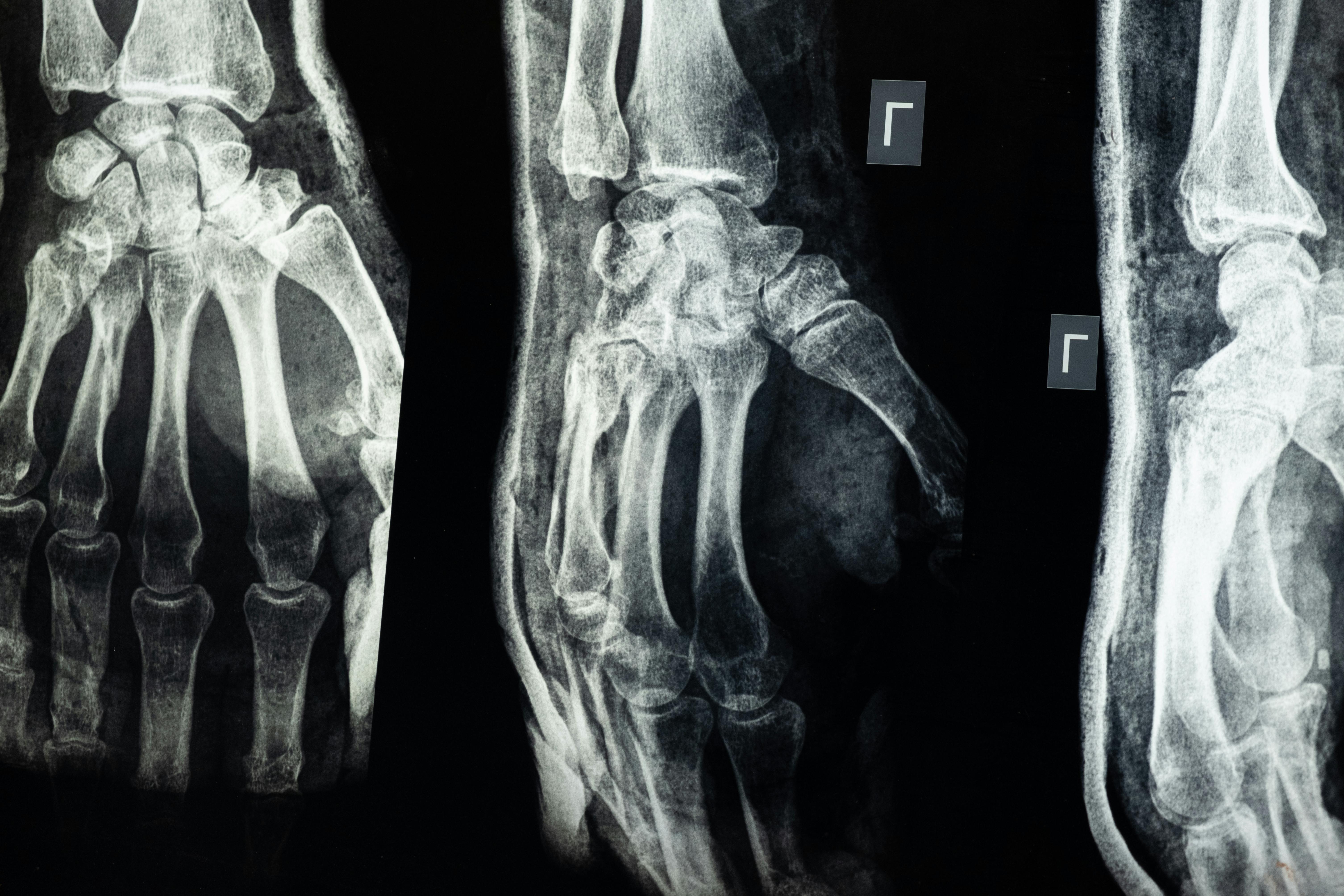There have been several studies that have shown the strong link between gluten intolerance and autoimmune thyroid diseases or AITDs, such as Grave’s and Hashimoto’s diseases. The researchers in the study strongly recommend that anyone diagnosed also be screened for AITD and vice versa.
The cause appears to be a case of mistaken identity. This is because gliadin, which is a type of protein found in gluten, closely resembles that of the thyroid. When gliadin enters the bloodstream by breaking the protective barrier found in a person’s intestine, the immune system will immediately destroy it. After an intolerance sets in, if you continue to eat foods that contain gluten, your immune system will also continue to attack your own thyroid.
Unfortunately, our body’s immune response to gluten can last for six months. Unfortunately, the 80/20 rule does not apply to bigotry. This would mean that a “mostly” gluten-free diet does not completely put an end to this autoimmune attack.
If you really want to prevent immune destruction of your thyroid, you need to be adamant about being 100% gluten-free.
Lab tests
Unfortunately, one cannot rely solely on standard laboratory tests to confirm that they are intolerant. Standard tests will only test for gluten antibodies that are already in your bloodstream. However, these antibodies in the bloodstream can only be seen when the intestine has already become permeable enough for gluten to pass through successfully, and this is already an advanced stage of intolerance. This would indicate that standard laboratory tests can only detect advanced cases of gluten intolerance and doctors would miss many cases of gluten intolerance that are still in milder stages.
tool analysis
Stool analysis can be very helpful in detecting the early stages of gluten intolerance. This is because the stool test can detect antibodies while they are still in the digestive tract and have not yet reached the bloodstream. This was the same method used that helped experts uncover the fact that almost 35% of Americans have a gluten intolerance.
cheek smear test
Another method that has been shown to be very useful in evaluating gluten intolerance is the cheek smear test which helps determine certain types of genes that are related to celiac disease and gluten intolerance. People who have HLA DQ genes were found to have an increased risk of celiac disease, gluten intolerance, and autoimmune disease compared to the general population.
It is unfortunate to note that many cases of gluten intolerance go undetected or untreated because some doctors and patients have a misunderstanding that this condition only leads to digestive problems. What many people don’t realize is that it can also cause inflammation in the brain, airways, skin, and joints where the effects have no obvious symptoms of leaky gut.
If you have thyroid problems and suspect you have a gluten intolerance, seek a diagnosis right away. Remember that early detection leads to earlier treatment that can greatly reduce your risks of autoimmune diseases or AITD and other conditions associated with gluten tolerance.
